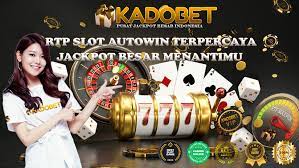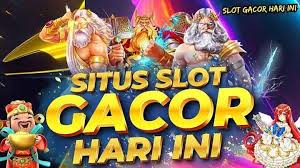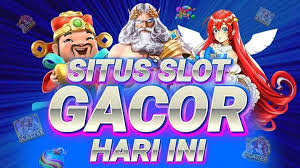Introduction
The Joker card, often regarded as a wild card in games, is a fascinating symbol that transcends its primary role in card games. With its whimsical design and complex meaning, the Joker embodies chaos, unpredictability, and even jokercard. This article delves into the history, significance, and various interpretations of the Joker card.
Historical Background
The Joker card has its roots in the 19th century. Initially introduced in the United States as a trump card for the game of Euchre, the Joker quickly evolved beyond its original purpose. The card was designed to represent the wild card, allowing players to substitute it for any other card, thus adding an element of unpredictability to the game. Over time, the Joker found its way into various card games, including Poker and Rummy, where it has since become a staple.
Design and Symbolism
The design of the Joker card is as varied as its interpretations. Traditionally, the Joker is depicted as a jester or clown, often adorned in vibrant colors and flamboyant attire. This imagery reflects the card’s connection to folly and mischief.
Symbolically, the Joker represents chaos and unpredictability, serving as a reminder of the random nature of life. It challenges the notion of order and stability, suggesting that sometimes, the unexpected can lead to the most exciting outcomes. In tarot and fortune-telling, the Joker is often associated with the Fool card, signifying new beginnings, adventure, and a leap of faith.
The Joker in Popular Culture
The Joker’s influence extends beyond card games into popular culture. Perhaps most notably, the character of the Joker in comic books and films—especially in the Batman series—has become an iconic figure. This interpretation of the Joker emphasizes themes of chaos, rebellion, and the duality of human nature.
Films such as “The Dark Knight” and “Joker” have explored the complexities of this character, portraying him as both a villain and a tragic figure. These narratives resonate with audiences, highlighting the tension between order and chaos, sanity and madness.
The Joker as a Metaphor
Beyond games and entertainment, the Joker serves as a metaphor for various aspects of life. In psychological terms, it can represent the human psyche’s darker corners, where chaos and disorder reside. The Joker reminds us that beneath the surface of our orderly lives lies a world of uncertainty and unpredictability.
In a broader societal context, the Joker symbolizes the challenge to authority and the status quo. It embodies the idea that those who disrupt the norm can bring about change, encouraging individuals to embrace their uniqueness and question societal expectations.
Conclusion
The Joker card is more than just a piece of cardboard in a deck; it is a multifaceted symbol that encapsulates the themes of chaos, unpredictability, and transformation. Whether in card games, popular culture, or as a metaphor for life’s complexities, the Joker continues to intrigue and inspire. Embracing the spirit of the Joker invites us to confront our fears of chaos and uncertainty, ultimately leading to growth and new perspectives.



